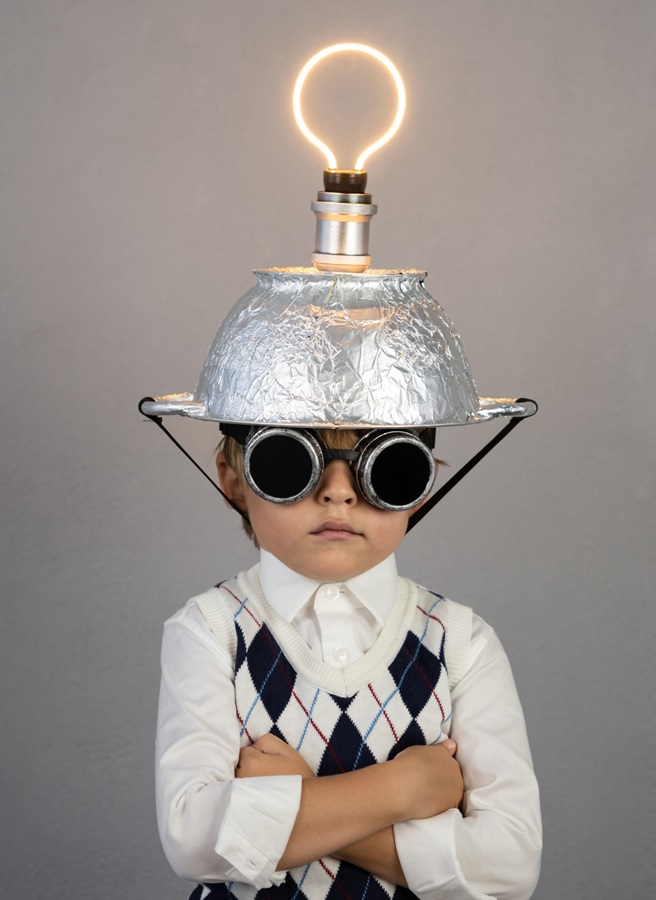Theoretical people

When performing utilitarian ethical calculus it is necessary to prioritize the happiness of the living over the unborn, the dying, and the people of the future. Quality of life for the currently living is the most important goal.
Concerns regarding the well-being of people who have not yet been born into the world are referred to as theoretical people, future humans, and other monikers.
Giving Them Due Consideration
That is not to say that future generations should not be considered, only that the living should not be asked to make sacrifices to their own happiness on their behalf if there is any way to avoid it. Any problem in society should be solved in a way that does not negatively impact quality of life for the living, and if it can't then people won't buy into it anyway.
The Effect of Altruism
Effective Altruism advocates for long-term planning and the creation of new technologies and fortunes in order save or improve the lives of large numbers of people in the future. However, part of the reason that altruism works is because of the emotional impact it has on the giver. Altruism is an emotionally selfish act, even if it is materially selfless. When you donate money to a cause, part of the reason for doing that is that it feels good to see the positive effects that the cause is having on real people. This emotional impact is significantly diminished when the people benefitting do not yet exist.
Effective Altruism ignores the Effect of Altruism on our emotions, and the relatively low ethical value of future humans in the moral calculus compared to the living that results. Therefore it is less effective and fails to achieve its own stated goals through this error.